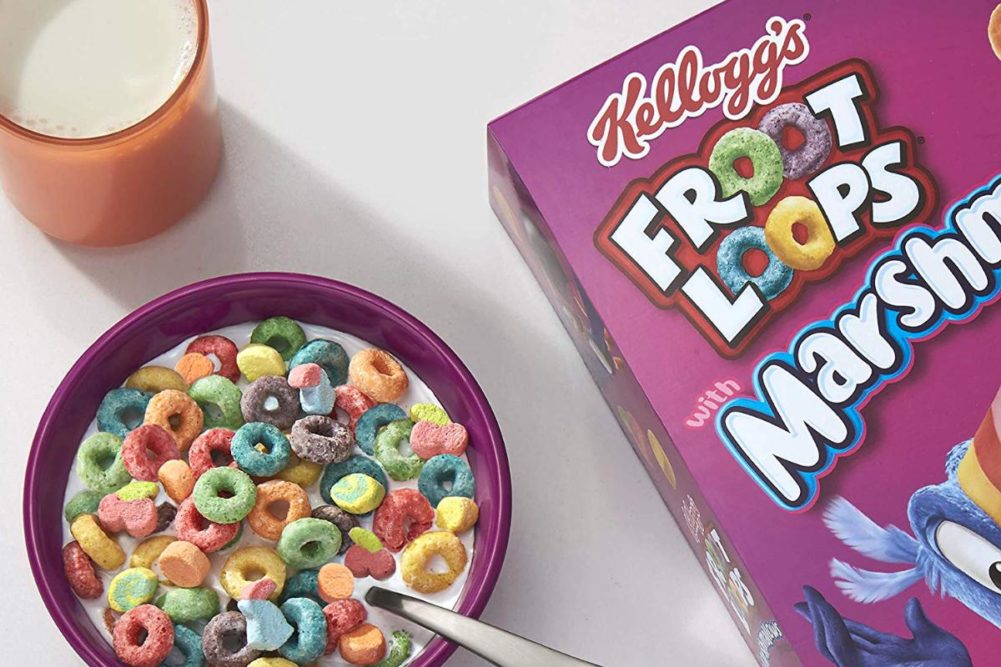NEW YORK — Credit Suisse is maintaining a positive but realistic tone regarding the US ready-to-eat cereal business of Kellogg Co. after a recent meeting with management of the Battle Creek, Mich.-based company.
During the past several months, household penetration and repeat sales rates for RTE cereal have surged as consumers shifted buying patterns in connection with the coronavirus (COVID-19) pandemic. Robert Moskow, a research analyst with Credit Suisse, said Kellogg executives have described the past few months as a “rediscovery” period for consumers who left the RTE cereal category and came back.
“Management says it will use communication tactics to persuade these consumers to stay as states remove social restrictions,” Mr. Moskow wrote in a June 2 report. “For example, the Corn Flakes brand in the UK is up 20% this year because the brand highlighted the multi-faceted utility of the product in advertising. It’s too early to declare victory, but we find it encouraging to see Kellogg’s US market share moving higher now that it has lapped last year’s price-pack architecture changes.”
Mr. Moskow said Credit Suisse’s recent meetings with Kellogg management have reinforced its view that the company’s guidance for 2020 will prove “overly conservative.” He said the research firm is raising its 2020 organic sales growth estimate for Kellogg to 3.7%, up from 3.5%, and earning per share to $3.81, up from $3.78.
Among the areas of importance for Kellogg in 2020 will be staying agile. To do this, the company is expected to shift marketing spending in 2020. One example of this shift will be an adjustment to back-to-school marketing programs to potentially encompass at-home learning, Mr. Moskow noted. Kellogg also is considering video game sponsorships to replace marketing that would have been done in connection with events like the Euro Cup.
Mr. Moskow said barriers to entry have moved higher in the food category, and Kellogg’s management agreed with the view that COVID-19 has raised the barriers to entry for small, challenger brands.
“Retailers have reduced the size of their assortments because there is not time for shoppers to ‘treasure hunt’ in their stores,” he said. “Product sampling has been discontinued. Having in-house manufacturing is also a competitive advantage because co-packers have prioritized big customers sometimes at the expense of smaller ones.”
Mr. Moskow said Kellogg’s investments in e-commerce have helped the company capitalize on consumers’ shift to online buying platforms.
“Developing value-added for retailers to increase the basket size of consumer purchases and drive impulse spending is a key determinant of success,” he said.
Outside the United States, Mr. Moskow said Kellogg executives sounded a more constructive tone regarding the Asia Pacific, Middle East and Africa region.
“Management said that the consumer in oil-dependent countries like Nigeria and Egypt has weathered the crisis better than they thought,” he noted in his report. “This sounded more positive than the commentary on the 1Q call. Emergency financing to Nigeria from the IMF in late April played a positive role. Management pointed to the affordable price points of its product lines (e.g. Bisco biscuits in Egypt, noodles in Africa) as a key factor for its resilience. Rising COVID-19 infection rates presents a challenge for Latin America, but this represent only 7% of sales compared to 16% for AMEA.”






